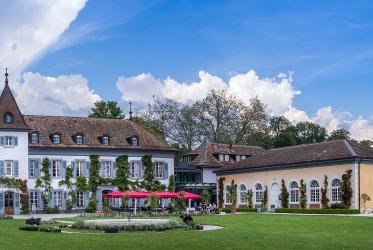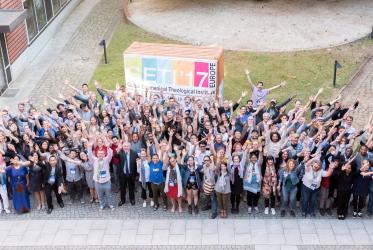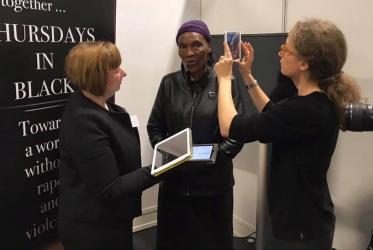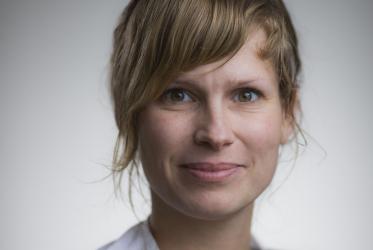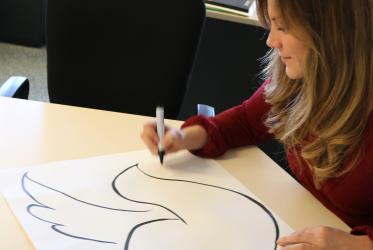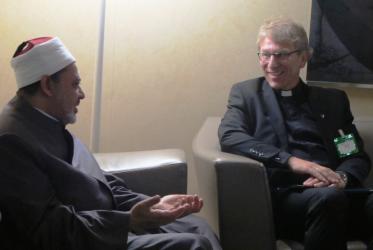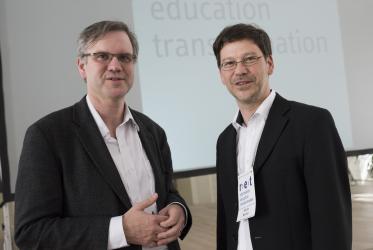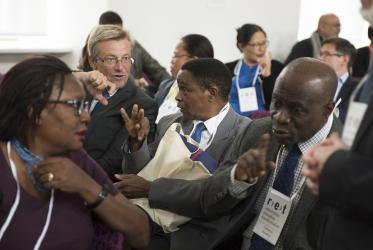Displaying 41 - 60 of 80
10 August 2017
WCC students study what makes a peace communicator
18 July 2017
Nigerian breaks down stereotypes on Muslims
13 July 2017
“We are to pass on the mantle”
31 May 2017
On World Water Day, we ask: “why waste water?”
22 March 2017
How do you say “peace?”
20 February 2017
WCC Blue Community implements water changes in the Ecumenical Centre
16 February 2017
WCC hosts discussion on religious radicalisation
13 December 2016
WCC Executive Committee issues statement on climate justice
25 November 2016
Dialogue flourishes between WCC, Muslim Council of Elders
30 September 2016
Winners of WCC photo contest announced
09 May 2016
Bossey students on their way to future of ecumenism
10 February 2016


